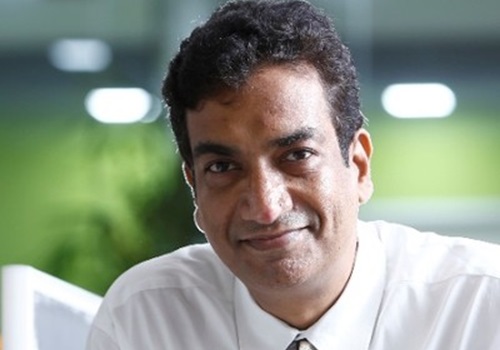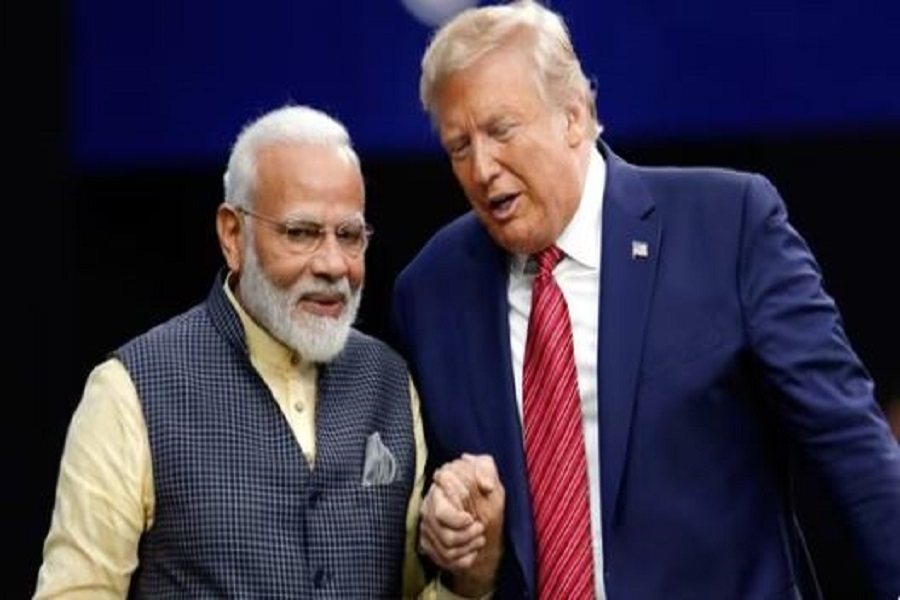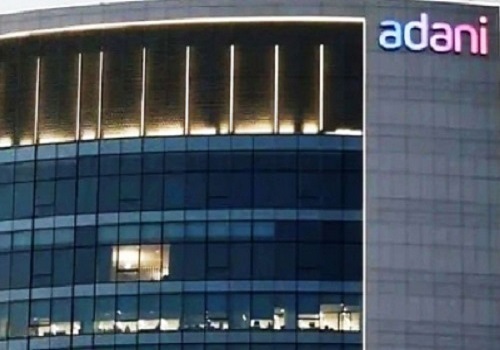Quote on Pre-budget expectations on Indirect Tax by Gunjan Prabhakaran, Partner & Leader, Indirect Tax, BDO India

Below the Quote on Pre-budget expectations on Indirect Tax by Gunjan Prabhakaran, Partner & Leader, Indirect Tax, BDO India
A. Expectations from Customs and SEZ perspective:
- SEZ perspective: Clarity on the future of SEZ law (e.g. continuation of present SEZ Act or introduction of proposed DESH bill) specially in the context of the first 100 days plan of MOC with respect to changes in SEZ law (NFE, payment of input taxes rather than Customs duty on DTA supplies by SEZ, etc.) and the steps to generate economies of scale.
- Customs Law perspective: Continued rationalisation of customs duties to promote domestic manufacturing. Many of the customs exemptions are facing a sunset on 30th September and the requirement to extend the validity of exemptions to meet the requirements of the respective sectors needs to be assessed.
On the import of products, where the Indian industry is vulnerable to imports, there may be imposition of safeguard duties. Introduction of defined process and timelines for finalisation of provisional bill of entries and adding grounds for amendment of bill of entries, to bring ease of doing business. Tweaking the MOOWR scheme to specifically allow depreciation for removal of used capital goods (like EOU etc).
- Various amendments in the CGST Act and IGST Act are expected, to give effect to the recommendations made by the GST Council in its 53rd meeting. More prominent among such amendments are (1) introduction of section 11A, giving the Government power to regularise any non/short levy on account of industry practice (2) Amendment in section 16(4) of the CGST Act to extend the time limits for claiming ITC for the period FY2017-18 to FY2020-21 (3) Introduction of section 128A to bring an amnesty scheme for waiver of interest and penalty on payment of tax as per notice, in the cases not involving fraud, suppression etc (4) Amendment to introduce a common time limit to issue notices in all cases, whether involving fraud, suppression etc or not (5) Amendment in schedule III to exclude sharing of premium between co-insurers from definition of supply etc
- Relaxation of section 17(5) of the CGST Act by reducing the list of blocked credits by excluding various expenses incurred in the course of business from ambit of section 17(5).
- The IT sector has two specific concerns, which need to be addressed:
1. The tax authorities have issued demands on several entities demanding GST and interest for non-receipt of foreign exchange within one year period. The GST law does not provide for such consequences except for the wordings in the Letter of Undertaking (LUT) executed by the exporters, who claim refunds. The Government should consider the substance of the transaction which is ‘export of services’ and provide specific guidance to condone the delays in receipt of consideration for export of services.
2. The current formula to claim refund of accumulated credit by exporters restricts the refund of input tax credit availed on Capital goods. This restriction is causing the blockage of working capital and it would help the exporters, if the Government revisits such exclusion and allows refund of ITC on capital goods, even if allowed as staggered over a period of time - The healthcare sector expects that interstate movement of equipments between branches for providing health care services should be exempted from GST, as the recipient is unable to claim ITC and the equipments have already suffered tax once without claim of ITC.
C. Other expectations:
- The new Central Excise Bill 2024, which was released for public comments, is likely to replace the existing Central Excise Act 1944.
- Introduction of incentive schemes: The extension of benefits under schemes like the production-linked incentives (PLI) for the EV sector and the continuation of subsidies under the FAME scheme are anticipated to support industry growth and environmental goals to be achieved by 2030. Further, PLI 3.0 should also help government in promoting make in India and reduce its dependency on imports for items like toys, semiconductor, chemicals, pharma APIs, telecom and networking equipments etc
Above views are of the author and not of the website kindly read disclaimer
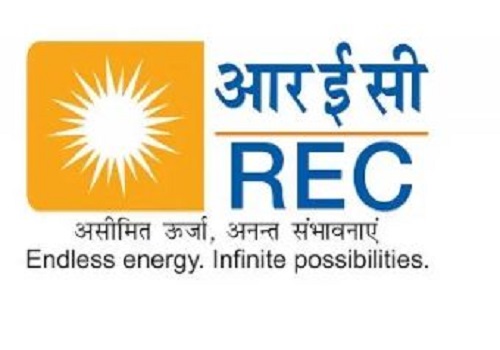

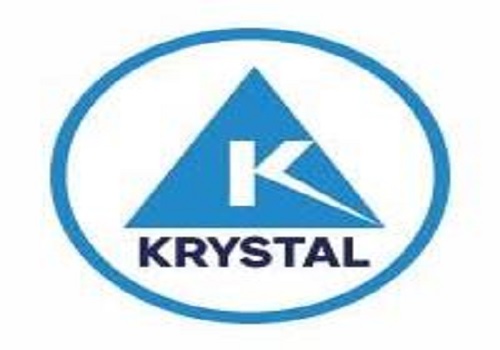




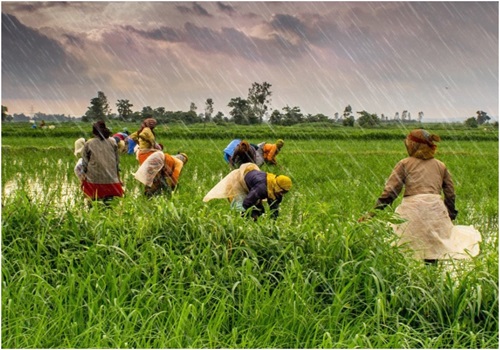


Tag News
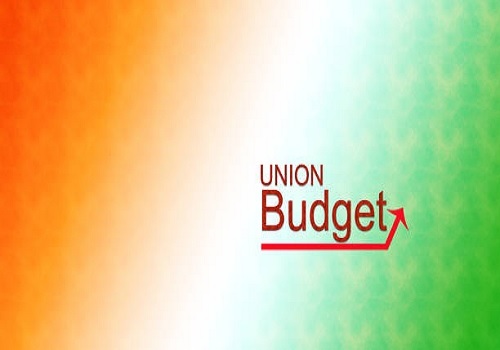
Pre budget Quote on Technology & IoT sector by Jani Vehkalahti - SVP, Smart Grids, Wirepas, ...

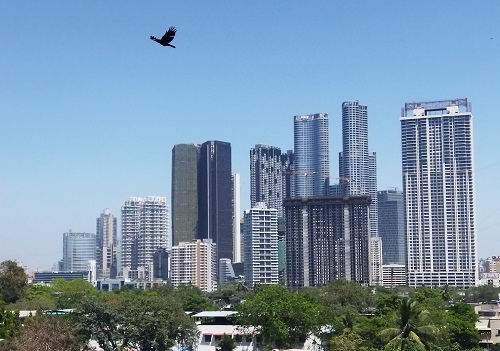
More News

Interim Budget Quote by Arvind Kothari, smallcase Manager, Founder - Niveshaay
